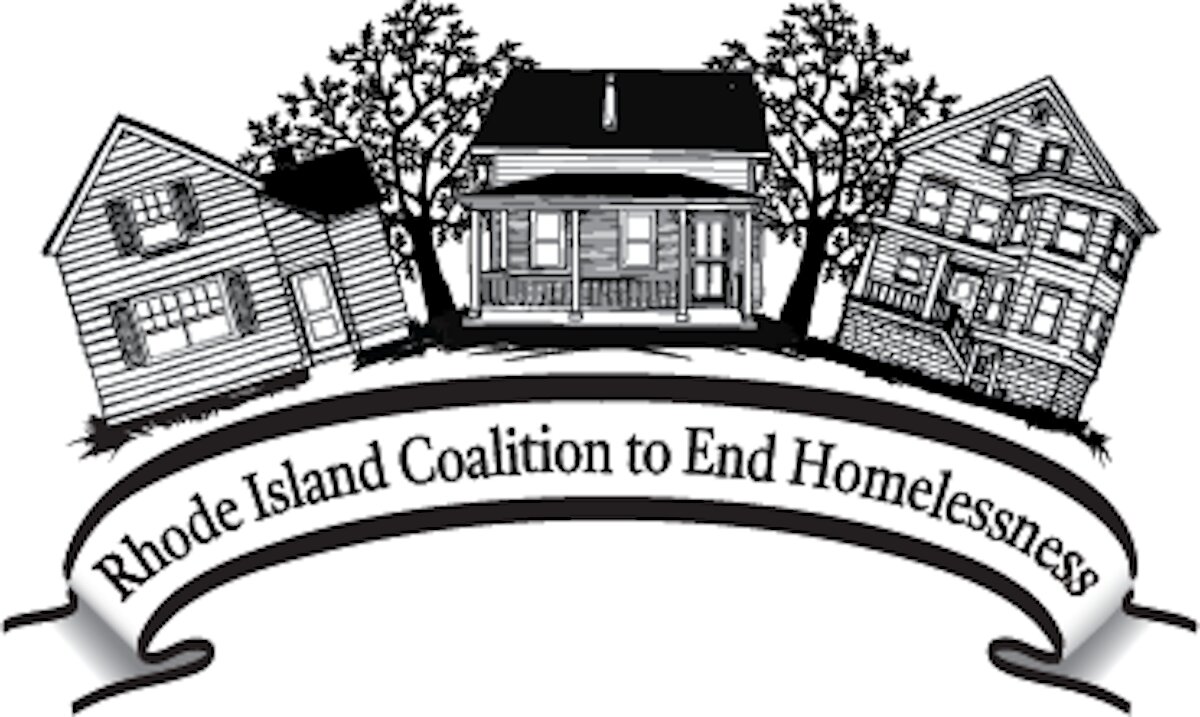Group launches 'Pay for Success' project to reduce persistent homelessness
EBCAP among the local partners providing supportive housing alongside wraparound services.
PROVIDENCE — An initial aimed at remedying increasing homelessness around the state was recently announced by key players involved in the effort.
The Rhode Island Pay for Success program …
This item is available in full to subscribers.
Please log in to continue |
Register to post eventsIf you'd like to post an event to our calendar, you can create a free account by clicking here. Note that free accounts do not have access to our subscriber-only content. |
Day pass subscribers
Are you a day pass subscriber who needs to log in? Click here to continue.
Group launches 'Pay for Success' project to reduce persistent homelessness
EBCAP among the local partners providing supportive housing alongside wraparound services.
PROVIDENCE — An initial aimed at remedying increasing homelessness around the state was recently announced by key players involved in the effort.
The Rhode Island "Pay for Success" program is a four-year public-private partnership to reduce persistent homelessness here. The project is led by the Rhode Island Coalition to End Homelessness and the Executive Office of Health and Human Services, with funding from Maycomb Capital and Rhode Island Foundation, evaluation from the Faulkner Consulting Group, and technical assistance from Social Finance. Of note, one of the local partners is the East Bay Community Action Program.
“When the Rhode Island Pay for Success program was announced, it immediately generated excitement for all of us at EBCAP,” said Rilwan Feyisitan Jr., EBCAP President and CEO. “It was an opportunity to access a totally new, flexible funding stream of private and public investment to house the most vulnerable families and individuals in the East Bay. EBCAP’s fully integrated health care system places safe, affordable housing as the highest priority in addressing the social determinants of health, and we believe Pay for Success is the next logical step in providing the most comprehensive system of care to the East Bay Community.”
Rhode Island Pay for Success brings together four local providers, state government, and philanthropic organizations to stabilize 125 individuals currently using a disproportionate amount of Medicaid, Department of Corrections (DOC) and Homeless services. It's the first use in the state of a Pay for Success financing mechanism, which requires the project to achieve successful outcomes to unlock funding from the state government.
“As we all know, housing directly reflects how people utilize our healthcare system,” said Kimberly Simmons, executive director of the Rhode Island Coalition to End Homelessness. “This project adds another tool to help Rhode Islanders who continue to be impacted by a recurrent cycle of housing instability and poor health outcomes.
Unlike other projects that seek to rehouse people who need minimal assistance quickly, Rhode Island Pay for Success focuses on individuals with complex behavioral health and medical needs who experience persistent homelessness, frequently use emergency medical services, and cycle through shelters and the criminal justice system.
"Housing and health care go hand in hand. Having a stable place to live enables the efficient and effective delivery of care and services that can turn lives around," said David N. Cicilline, President and CEO of the Rhode Island Foundation which awarded more than $300,000 in seed funding to launch the program. "We commend the Coalition and all our partners for coming together around this innovative strategy for addressing chronic homelessness."
Of the approximately 1,810 people experiencing homelessness on a given night in Rhode Island in 2023, Rhode Island Pay for Success will refocus resources for eligible Rhode Islanders on a proven intervention called “permanent supportive housing,” which combines affordable housing with wraparound support services, including medical and behavioral health care, job training, and intensive case management. Moreover, the program will help shift costs away from emergency departments (ED) to preventative care, DOC involvement to supportive services.
“A critical component of preventing homelessness and keeping people housed is our state's ability to provide wrap-around services for many of our priority populations,” said Rhode Island Executive Office of Health & Human Services Secretary Richard Charest. “We are excited about the Pay for Success pilot as it expands our critical work around housing and social determinants of health, and we look forward to demonstrating its effectiveness.”
Added Jake Segal, Managing Director, Impact Advisory & Public Sector Practice for Social Finance, “Building on foundation of work done in Rhode Island over several years, the Coalition has spent the last 18 months bringing together more than a dozen partners to design the evaluation, operations, financing structure, and governance of a high-impact effort focused on one of the state's most complex public problems. We are inspired by the Coalition's dedication and integrity, excited to see the project launch, and hopeful about the good it will do for Rhode Island.”
Within the Pay for Success model, private sector investors provide up-front funding to promising service providers. Investors are only repaid by the government if objective benchmarks for savings and other benefits are achieved. In the case of RI PFS, those performance measurements are tied to the following:
● Increases in housing stabilization
● Reduction in emergency room utilization
● Reduced interaction with the Correctional System
In this stable environment, RI PFS participants will work on habits and skills of independent living. Support services will be delivered by Open Doors, House of Hope, Crossroads Rhode Island, and the East Bay Community Action Program.
When outcome measures are met, the investors are repaid by the State appropriated outcome funds. The PFS model has the potential to effectively allocate taxpayer dollars while increasing funding for programs that deliver improved social outcomes.
“We are thrilled to be part of this public-private partnership as it paves the way for better health and housing results across the state,” said Andi Phillips, Co-Founder and Managing Partner of Maycomb Capital. “Aligning funding with outcomes enables these critical services to scale in a way that supports real, lasting impact.”
For more information visit rihomeless.org.






